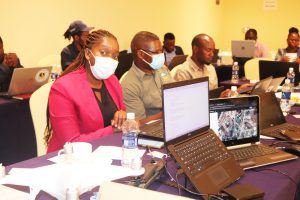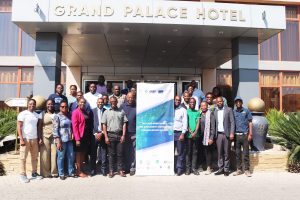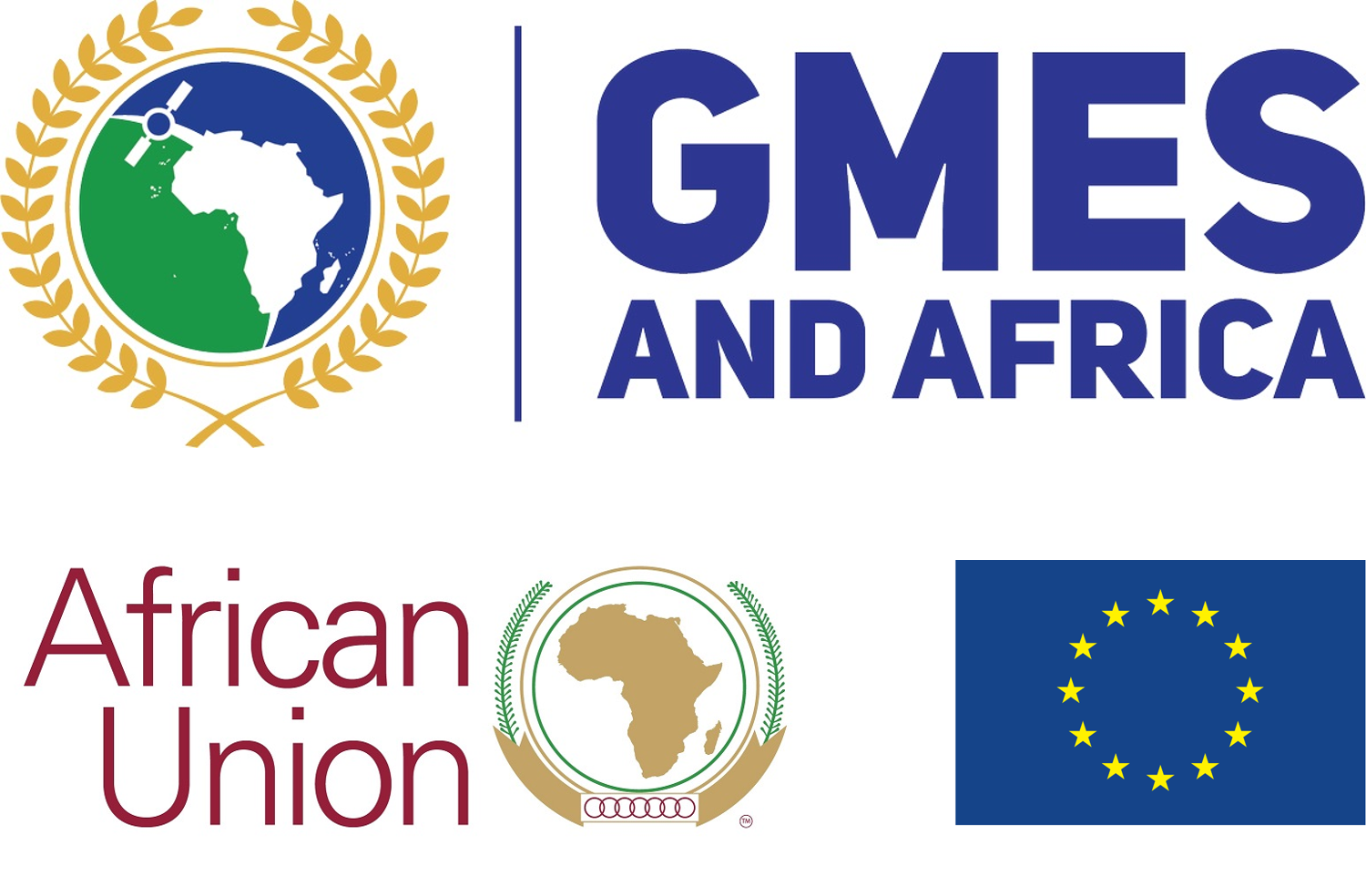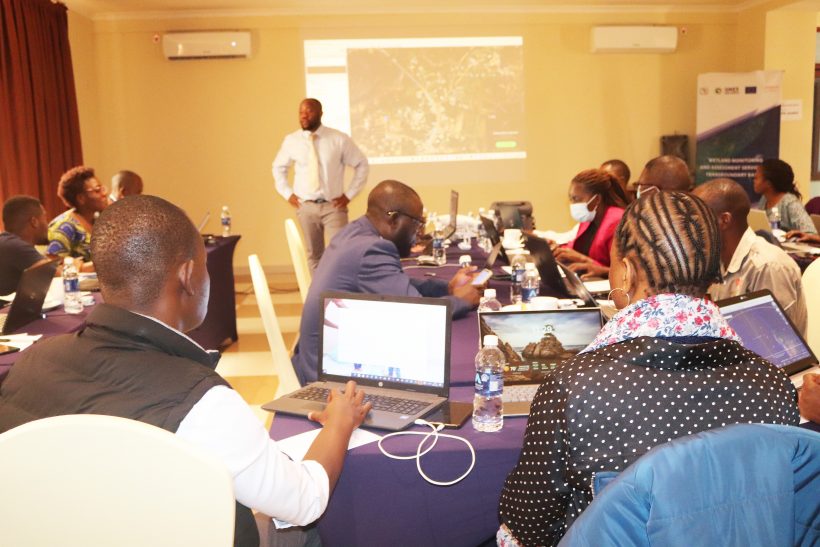Wetlands, often overshadowed by other ecosystems in environmental conservation efforts, are the unsung heroes of the natural world. These vital ecosystems provide essential services to local communities and play an indispensable role in combating climate change. Yet, they remain underappreciated in many parts of the world, particularly in Africa. In recent years, however, wetlands have gained increased recognition as critical components of sustainable resource management, thanks in part to the WeMAST (Wetlands Monitoring and Assessment) project, which is helping to elevate their importance.
Launched under the Global Monitoring for Environment and Security (GMES) Africa Support Program, the WeMAST project is a collaborative initiative between the African Union (AU), the European Union, and a network of academic and governmental partners across Southern Africa. Its core mission is to enhance the capacity of institutions and individuals to manage and conserve wetlands through the use of advanced Earth observation technologies. With its focus on capacity building and practical applications, the WeMAST project is transforming the way stakeholders approach wetland conservation.

Empowering Stakeholders through Training
One of the project’s most significant achievements has been its comprehensive training initiatives. SASSCAL (Southern African Science Service Centre for Climate Change and Adaptive Land Management), which coordinates the project, has conducted a series of training sessions aimed at equipping a diverse group of stakeholders with the skills needed to effectively monitor and manage wetlands. These stakeholders include government officials from relevant ministries, national water and environmental authorities, representatives from research and academic institutions, NGOs, community-based organizations, and local communities. Notably, women in natural resources and water management have also been actively included, ensuring that gender-inclusive approaches are part of the conservation efforts.
During these sessions, experts and stakeholders are trained to harness the power of satellite technologies and data analytics to support wetland conservation. The training covers the use of the WeMAST 2.0 geoportal, mobile applications, and QGIS plugins, empowering participants to collect, validate, and analyze field data in real-time. This approach is designed to strengthen wetland monitoring efforts and enable timely decision-making to safeguard these ecosystems.
The WeMAST 2.0 Geoportal: A Game-Changer for Wetland Management
At the heart of the WeMAST project is the WeMAST 2.0 geoportal, a comprehensive platform developed to support wetland management across Southern Africa. This platform serves several key purposes:
- Field Data Collection and Validation: The geoportal enables real-time data collection and validation in the field, ensuring that accurate and up-to-date information is available for monitoring wetland health.
- Monitoring Services: By providing users with powerful monitoring tools, the geoportal allows stakeholders to track the condition of wetlands over time and respond to emerging threats or changes.
- Policy Support: The geoportal helps policymakers make informed decisions by providing easy access to reliable, data-driven insights that support the sustainable management of wetlands.
Through its training efforts, the WeMAST project aims to ensure that wetland managers not only understand the tools available but can also leverage them effectively to integrate them into their day-to-day management practices. The ultimate goal is to make the geoportal, mobile applications, and Mapographic documents essential parts of wetland management routines, facilitating better decision-making and more sustainable conservation outcomes.
The Role of Wetlands in Climate Change Mitigation
Wetlands are more than just critical habitats; they also play a significant role in combating climate change. As carbon sinks, wetlands absorb carbon dioxide, helping to mitigate the effects of global warming. This function is particularly crucial in Africa, where climate change is already exacerbating environmental and socio-economic challenges. By improving wetland monitoring and conservation, the WeMAST project contributes directly to climate change mitigation efforts, ensuring that these ecosystems continue to function as vital carbon sinks.
A Collaborative Effort

The WeMAST project is a shining example of collaboration across sectors and borders. Partners include academic institutions such as the University of Botswana, University of Zambia, University of Namibia, and the University of Western Cape, as well as governmental organizations and environmental agencies from across Southern Africa. By working together, these partners are creating a comprehensive and sustainable framework for wetland conservation.
The project also highlights the importance of cross-sectoral engagement, with participants from the private sector, conservation authorities, and local communities playing an integral role in the conservation effort. This broad engagement ensures that the tools and knowledge developed through WeMAST will be widely adopted and integrated into wetland management practices throughout the region.
Looking Ahead
As the WeMAST project continues to unfold, it is clear that Southern Africa is taking significant strides in building the capacity to protect its critical wetland ecosystems. The project’s emphasis on using technology to monitor and manage wetlands, combined with its focus on training and capacity building, has the potential to revolutionize wetland conservation in the region.
For the participants of the training sessions, the hope is that they will leave equipped not only with the technical knowledge needed to manage wetlands but also with the understanding that these ecosystems are essential to the future of both local communities and the planet. Through initiatives like WeMAST, Southern Africa is making a vital contribution to global efforts to combat climate change and preserve biodiversity, one wetland at a time.




Leave a Reply